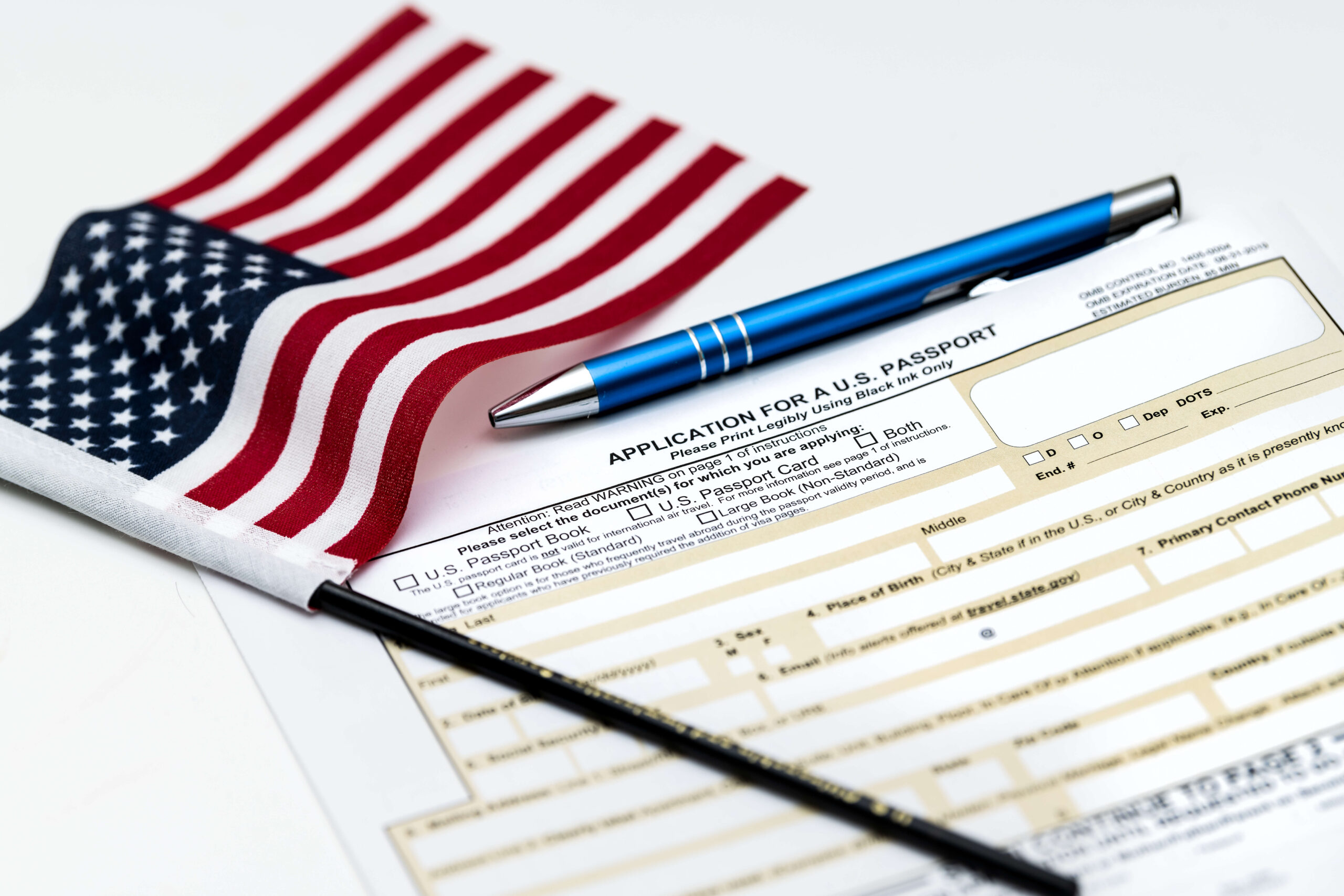On January 20, 2021, President Joseph R. Biden Jr. demonstrated he will pursue a broad immigration reform agenda. The new administration has proposed comprehensive legislation to Congress that aims to create a path to citizenship for millions of undocumented immigrants living in the United States, including so-called “Dreamers” who were brought to this country as children, as well as eliminate green card quotas, reducing lengthy backlogs and improving efficiency for work visa programs. From a business immigration perspective, the proposed efficiency improvements include clearing employment-based green card backlogs and exempting STEM degree holders from green card quotas. It is important to note that this legislative proposal must first pass the U.S. House of Representatives and the U.S. Senate before being signed into law and does not address high-skilled worker visas such as H-1Bs or L-1s.
In addition, via a series of executive orders issued on his first day in office, President Biden has begun reversing prior administration policies that restricted entry to the United States for people from certain Muslim-majority countries and aimed to end work authorization for Deferred Action for Childhood Arrivals (DACA) recipients (though the Supreme Court of the United States ultimately preserved DACA).
The Biden administration also issued a memorandum on January 20 immediately freezing “midnight regulations” that the Trump administration issued but had not yet taken effect within 60 days of the election and withdrawing all pending rules that had not yet been published in the Federal Register. Under the Trump administration’s continued “Buy American and Hire American” policy, these late-enacted regulations were largely focused on continuing to restrict high-skilled worker visas by changing the H-1B lottery selection process, realigning the U.S. Department of Labor’s (DOL) prevailing wage requirements to higher salary percentiles for H-1B visa holders, and placing additional obligations on both employers that place visa workers at third-party client sites and on the end-client companies where those workers are placed.
Business Immigration Impact
Below is a summary of what high-skilled business immigration employers can expect from the first six months of the new Biden administration.
Final Rule on Strengthening the H-1B Nonimmigrant Visa Classification Program—WITHDRAWN
For employers focused on high-skilled business immigration, perhaps the most important immediate and lasting change to expect from the Biden administration is one that the exiting Trump administration failed to make. On January 15, 2021, after extensive litigation and a prior unsuccessful attempt in October 2020, to issue an interim final rule, the Department of Homeland Security (DHS) posted an advance (but not yet published) copy of a proposed final rule entitled “Strengthening the H-1B Nonimmigrant Visa Classification Program.”
After the prior interim final rule was rebuked by the courts for failing to follow proper rulemaking procedures (a hallmark of the Trump administration), this new and revised final rule was narrowly tailored to change how U.S. Citizenship and Immigration Services (USCIS) interprets employer-employee relationships for H-1B workers at third-party worksites. The revised final rule would have placed increased scrutiny and regulatory burdens on all employers that place H-1B workers off-site at other companies’ locations, including outsourcing companies, staffing agencies, and information technology consulting businesses. In addition, under the direction of this rule, the DOL was already in the process of revising its own guidance to require certain “secondary employers” (i.e., the third-party worksite companies) to prepare and file their own Labor Condition Applications (LCAs) on behalf of H-1B workers placed at their worksites. It was expected that these changes would have continued to increase the request for evidence (RFE) and denial rates for many H-1B employers.
However, the agency was unable to timely publish the final rule in the Federal Register before President Biden took office, and, as a result, the rule will be automatically withdrawn. While it remains unclear how much scrutiny USCIS and the DOL will place on H-1B employers over the course of the new administration, this automatic withdrawal is welcome news for many businesses that rely heavily on skilled workers.
H-1B Cap Wage Selection Final Rule—DELAY UNDER CONSIDERATION
On January 8, 2021, the DHS published a final rule that considerably changes the lottery system that USCIS uses to select H-1B quota petitions. This rule is designed to alter the annual H-1B quota system in favor of higher salaried positions. Under the new rule, USCIS will rank lottery registrations in order of the highest wage levels in a four-level set up (OES wage levels I, II, III, and IV) for each occupational classification. Lottery preference will then be given to H-1B petitions at the highest levels, which will increase their odds of selection. Conversely, this new rule is expected to decrease the chances of H-1B petition selection for those companies that do not pay H-1B workers’ salaries at the highest wage levels.
At the time of the rule publication in early January 2021, it was not yet clear whether USCIS would have sufficient time to implement this new wage prioritization rule before the annual lottery registration process occurs in March 2021. Practically speaking, employers have been stuck waiting for guidance to fully plan for the upcoming H-1B lottery season. Now, pursuant to the Biden administration’s suggested regulatory freeze on rules enacted within 60 days of the election, DHS is directed to “consider further delaying, or publishing for notice and comment proposed rules further delaying, such rules beyond the 60-day period.” Given this newly directed delay, it is possible that the wage-prioritized selection process will not affect this year’s H-1B lottery.
DOL Strengthening Wage Protections Final Rule—DELAY UNDER CONSIDERATION
On January 12, 2021, after two failed attempts, the DOL published a final rule to increase the prevailing wages required for H-1B, H-1B1, and E-3 visas, as well as PERM labor certification processes. The rule, entitled “Strengthening Wage Protections for the Temporary and Permanent Employment of Certain Aliens in the United States,” revised the current four-level OES wage system for prevailing wages. Starting in July 2021, and continuing through June 2024, it was expected that the rule would significantly increase prevailing wages over the course of the next three and a half years. This would have adversely impacted the ability of many employers to file visa petitions and green cards. Now, under the frozen “midnight regulations” memo, it is expected that these prevailing wage changes will be delayed for at least 60 days and that the agency should “consider opening a 30-day comment period to allow interested parties to provide comments about issues of fact, law, and policy raised by those rules, and consider pending petitions for reconsideration involving such rules.” It remains unclear whether the Biden administration will attempt to revise or rescind this prevailing wage increase rule. However we should expect to see action taken during the first few months of 2021.
DACA Work Authorization— PRESERVED
President Biden also took immediate action via executive order directing the Secretary of DHS to “take all actions he deems appropriate, consistent with applicable law, to preserve and fortify DACA.” The DACA work authorization program for undocumented minors started in 2012 and was under constant pressure from the Trump administration, which sought multiple times to curtail and end it. In 2017, DHS published a memorandum ending the program. Ultimately, through a series of federal court challenges resulting in nationwide injunctions and a final Supreme Court ruling, DACA was temporarily upheld. Because the Supreme Court’s holding was narrowly worded on procedural grounds without weighing in on the substantive validity of DACA as a whole, it was unclear whether the program would withstand for the long term while undocumented immigrants awaited further legislation.
Under the Biden administration’s executive order, DHS is now directed to continue the implementation of DACA indefinitely, which should result in continued work authorization status for up to 800,000 immigrants. Thus, presuming eligibility requirements are met and applications are timely filed, employee beneficiaries of DACA will remain work-authorized not only for the validity period of their current work authorization, but also for the foreseeable future under the new administration. Employers should expect to remain obligated under I-9 compliance to confirm/reverify DACA work authorization and under national origin discrimination laws to treat DACA beneficiaries the same as any other work-authorized employee. Further, employees may choose to present any valid identity and work authorization documents and employers may not constrain this choice.
Ogletree Deakins’ Immigration Practice Group will continue to monitor developments with respect to the Biden administration’s immigration policies and will post updates on the Immigration blog as additional information becomes available. Important information for employers is also available via the firm’s webinar and podcast programs.







